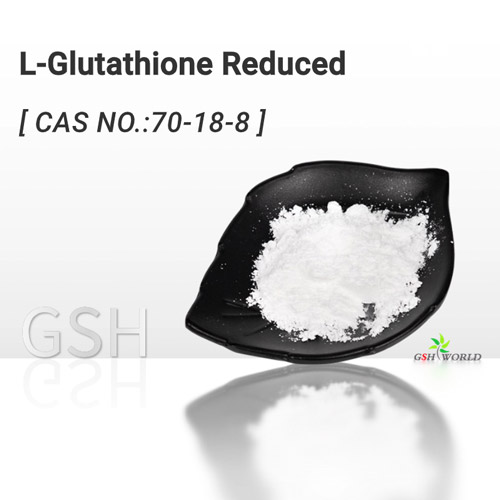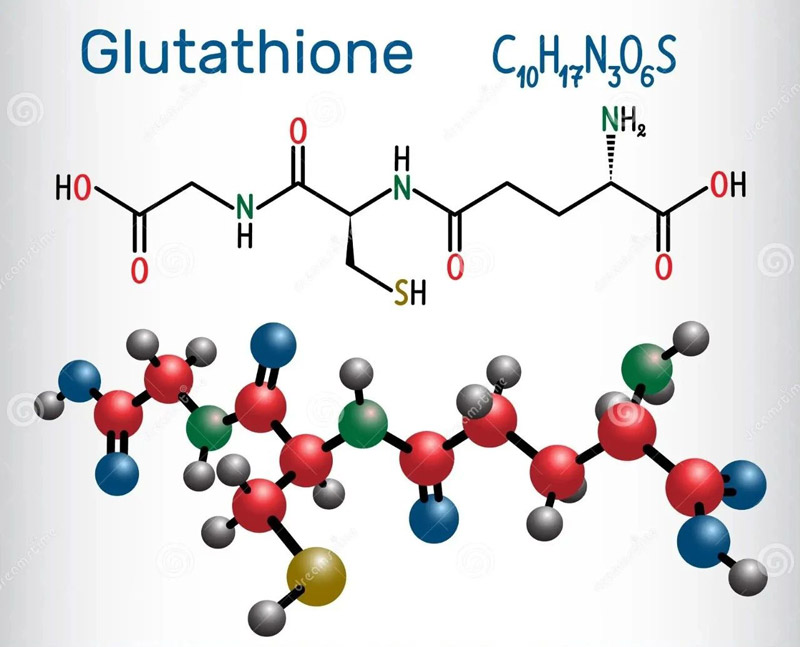Glutathione is a powerful antioxidant composed of cysteine, glycine and glutamate.
In the older people, the limited availability of glycine and cysteine may result in reduced glutathione synthesis, so glutathione deficiency is prevalent in this population.
The deficiency of glutathione in the older people may be a key factor in age-related degeneration due to oxidative stress and mitochondrial dysfunction.
In the meantime, a “practical and effective way” to reduce oxidative stress as you age may simply require boosting your glutathione levels.
Boosting glutathione can increase strength and boost brain power
Researchers at Baylor College of Medicine studied a combination supplement of glycine and n-acetylcysteine (NAC), two glutathione precursors known as GlyNAC that bind together.

They had previously shown mitochondrial dysfunction in glutathione-deficient young mice, and that supplementing GlyNAC in older mice not only improved glutathione deficiency, but also mitochondrial damage, oxidative stress, and insulin resistance.
Their previous studies in HIV patients 4 also found that supplementation with GlyNAC improved “deficiencies associated with premature aging” in this population.
This includes improvements in oxidative stress, mitochondrial dysfunction, inflammation, endothelial dysfunction, insulin resistance, genotoxicity, strength, and cognitive performance.
A subsequent pilot trial in older adults found similar results, with Glynac supplementation for 24 weeks correcting glutathione deficiency and improving a variety of health, such as impaired mitochondrial function, inflammation, and more.
While the benefits declined after stopping GlyNAC supplementation for 12 weeks, the researchers concluded that “supplementation with Glynac in older adults may be a simple and feasible approach to health promotion that warrants further investigation.”

In the scientific community, there are 9 characteristics of aging that cause most age-related diseases. Notably, supplementation with GlyNAC improved four of these nine defects – mitochondrial dysfunction, inflammation, insulin resistance, and genomic damage.
According to the study’s authors, GlyNAC acts together to bring about beneficial change through a “three-fold action,” as follows:
Correcting glutathione deficiency, which leads to correcting oxidative stress and mitochondrial dysfunction
Glycine, an important methyl donor. “Methyl groups are abundant in DNA and are an important component of many cellular reactions,”
They pointed out. “Glycine is also important for normal brain function. So providing glycine can improve multiple deficiencies.”
NAC, as a cysteine donor. “Cysteine is critical in energy metabolism because it contributes sulfhydryl (SH) groups needed for energy production… Cysteine and its donated SH group also play key roles in multiple additional cellular responses and functions.”
“We call it the ‘power of three,'” explains study author Dr. Rajagopal Sekar, an endocrinologist and associate professor of medicine at Baylor College of Medicine,
“because we believe it takes the combined action of glycine, NAC, and glutathione to achieve this profound and widespread improvement.” He thinks it may also protect brain and muscle health.




